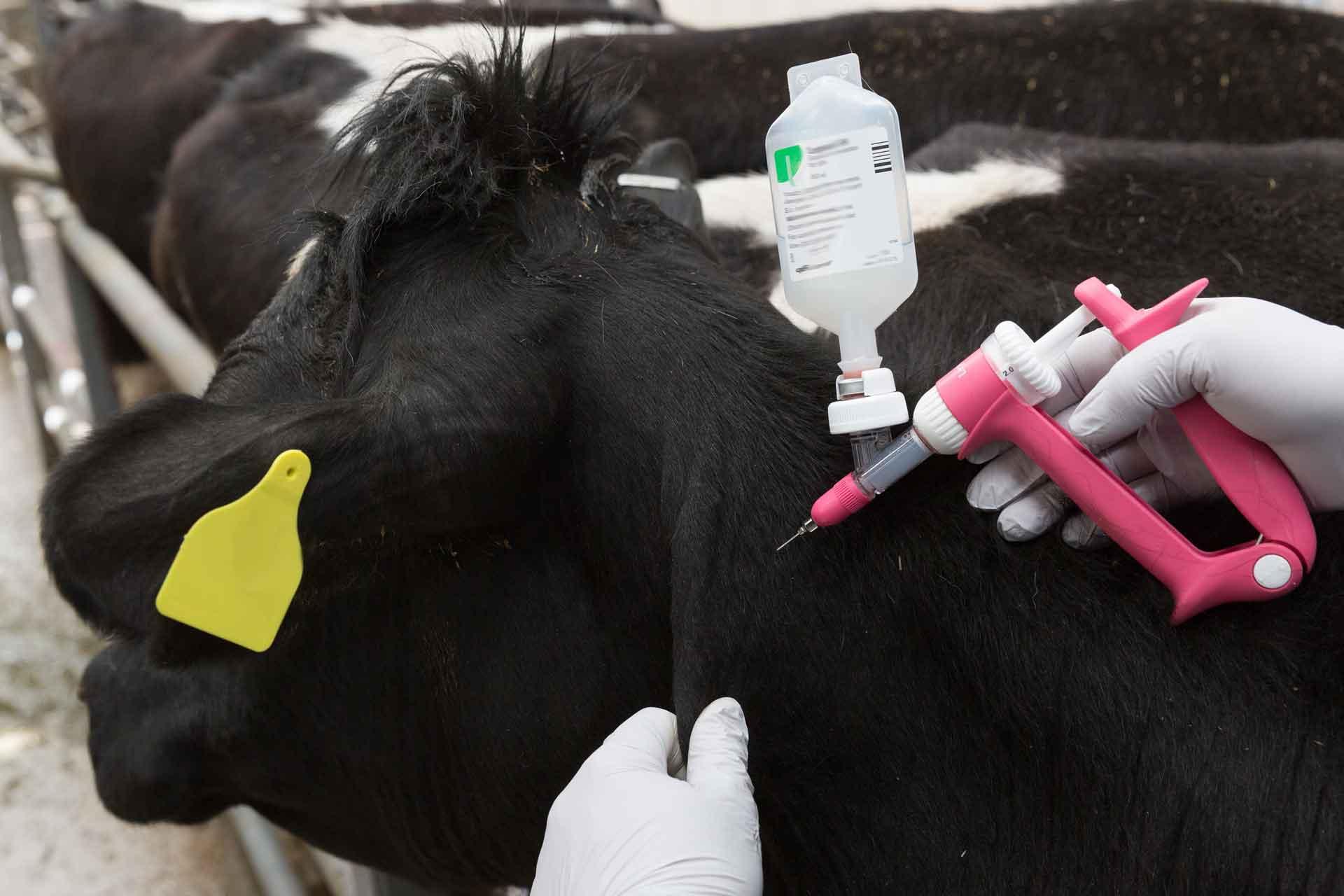The Pirbright Institute is to share in a £6.3m fund for five Global Vaccines Networks.
The investment will allow Pirbright, in partnership with The Roslin Institute at the University of Edinburgh, to further develop the International Veterinary Vaccinology Network (IVVN), supported by the Medical Research Council (MRC) and the Biotechnology and Biological Sciences Research Council (BBSRC), part of UK Research and Innovation (UKRI).
Established in 2017, IVVN is a global community of over 1,900 scientists and industry partners from 93 countries focused on developing vaccines against important animal diseases.
The IVVN is one of five Networks backed by the International Science Partnerships Fund which allows UK scientists and innovators to collaborate across borders on multidisciplinary projects.
The IVVN will benefit from £1.2 million from the MRC over two years, building on £3.2m invested through the Global Challenges Research Fund since 2017.

“The funding will help the IVVN members research and develop vaccines specifically for high-consequence livestock (including poultry and aquaculture) diseases in LMICs. We do this by networking, funding pump-priming projects and laboratory exchanges, training early career scientists and promoting gender equality in veterinary vaccinology to help create opportunities for women scientists.”
Dr Mark Palmer, Director of International Strategy at MRC, said: “The UK’s research and innovation system thrives through international partnerships, so I’m delighted these networks will continue their incredible work tackling infectious diseases that pose threats to people, livestock, crops and natural resources. Investing in collaborations like these will better prepare us for future disease epidemics and to more effectively tackle the slow-moving pandemic of antimicrobial resistance.”
In addition to IVVN, the other Networks are: Bacterial Vaccines Network (Bacti-Vac), University of Birmingham; the Human Infection Challenge Network (HIC-Vac), Imperial College London; IMmunising PRegnant women and INfants neTwork (IMPRINT), co-ordinated by the London School of Hygiene and Tropical Medicine, and VALIDATE, led by the University of Oxford and Stellenbosch University, South Africa.
